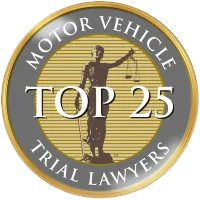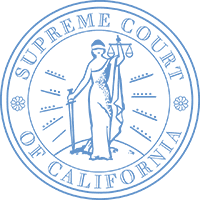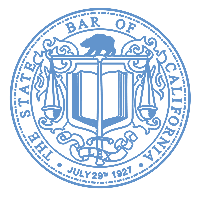Involved in a Crash with a Major Delivery Company? Here’s What You Need to Know
In the fast-paced world of logistics and delivery, accidents involving major delivery companies can occur unexpectedly. Understanding the nuances of such incidents is crucial for victims seeking clarity and resolution. This article aims to provide comprehensive insights into common causes of these accidents, responsibility issues, necessary steps post-accident, how delivery companies manage claims, and essential information regarding compensation.
Common Causes of Accidents Involving Delivery Companies
Accidents involving major delivery companies are often attributed to several key factors:
-
Driver Fatigue: Delivery drivers frequently work long hours under tight schedules, leading to fatigue that impairs their ability to operate vehicles safely.
-
Distracted Driving: With the increasing reliance on technology for navigation and communication, distracted driving has become a significant issue among delivery drivers.
-
Vehicle Maintenance Issues: Poorly maintained vehicles can lead to mechanical failures that cause accidents. Regular maintenance is critical for ensuring safety on the road.
-
Traffic Conditions: High traffic volumes, adverse weather conditions, and poorly designed roadways can contribute to an increased risk of accidents.
-
Inexperienced Drivers: New or inadequately trained drivers may lack the experience necessary to handle complex driving situations safely.
Understanding these causes can help victims assess the circumstances surrounding their accident and gather relevant information for potential claims.
Who is Typically Responsible?
Determining responsibility in an accident involving a major delivery company can be complex. Several parties may share liability:
-
The Driver: If the driver was negligent—whether through reckless driving or failure to follow traffic laws—they may bear personal liability.
-
The Delivery Company: Employers are often held responsible for their employees’ actions under the legal doctrine of vicarious liability if those actions occurred within the scope of employment.
-
Third Parties: Other drivers or entities (like manufacturers of faulty vehicle parts) could also hold partial responsibility depending on the circumstances surrounding the accident.
Establishing who is liable requires careful investigation into each party’s role during the incident.
Steps to Take After an Accident
If you find yourself involved in a crash with a major delivery company, it’s essential to take specific steps immediately following the incident:
-
Ensure Safety: First and foremost, check for injuries among all parties involved and seek medical assistance if needed.
-
Document the Scene: Gather evidence by taking photographs of vehicle damage, road conditions, and any visible injuries. Collect contact information from witnesses as well.
-
File a Police Report: Contact local law enforcement to report the accident officially; this will create an official record that may be crucial later.
-
Notify Your Insurance Company: Inform your insurance provider about the accident as soon as possible while providing them with accurate details.
-
Avoid Admissions of Fault: Be cautious about discussing fault at the scene; statements made can impact future claims or legal proceedings.
Following these steps can help protect your rights and ensure that you have adequate documentation should you need it later on.
How These Companies Handle Accident Claims
Major delivery companies typically have established protocols for handling accident claims:
-
Investigation Process: Upon notification of an incident, most companies will initiate an internal investigation which may involve reviewing driver logs, vehicle maintenance records, and eyewitness accounts.
-
Claims Adjusters: The company will assign claims adjusters who specialize in assessing damages related to accidents involving their vehicles.
-
Settlement Offers: Based on their findings, they may present settlement offers aimed at resolving claims without litigation; however, these initial offers might not reflect full compensation owed.
Understanding how these processes work allows victims to navigate interactions with insurance representatives more effectively while advocating for fair treatment throughout their claim process.
What Victims Should Know About Seeking Compensation
Victims involved in crashes with major delivery companies should be aware of several important considerations when pursuing compensation:
- Types of Compensation Available:
- Medical expenses
- Lost wages
- Pain and suffering
-
Property damage
-
Statute of Limitations: Each state has specific time limits within which victims must file claims after an accident; being aware of these timelines is vital for preserving legal rights.
-
Negotiation Tactics: It’s essential not only to accept initial settlement offers but also to understand one’s full extent of damages before agreeing to any terms presented by insurance representatives from delivery companies.
-
Legal Representation Consideration: While this article does not delve into specific legal strategies or outcomes, many victims find it beneficial to consult with experienced attorneys specializing in personal injury cases related specifically to commercial vehicle accidents before making decisions regarding settlements or litigation routes.
By equipping themselves with knowledge about common causes of crashes involving major delivery companies as well as understanding their rights following such incidents, victims can better navigate what is often a challenging process toward recovery and compensation after experiencing such distressing events on our roads.











